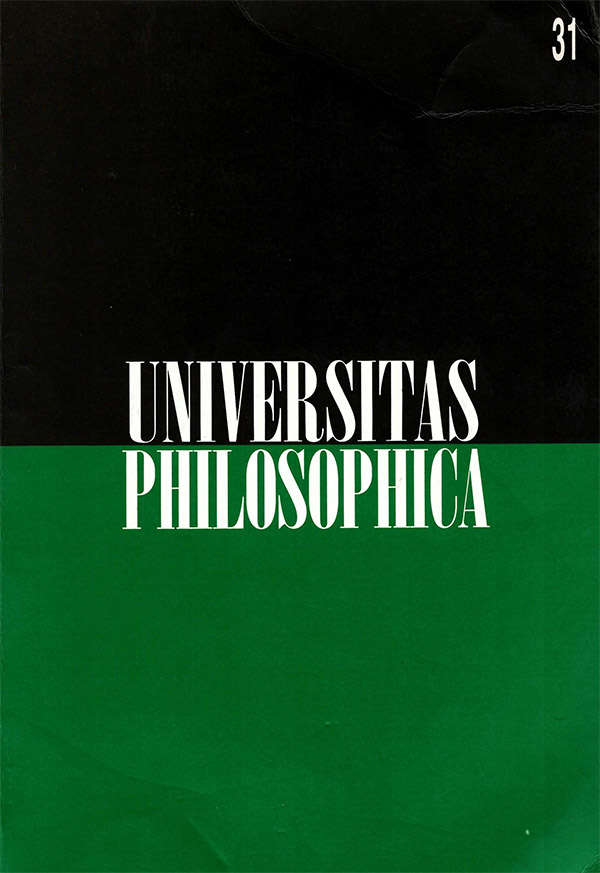Abstract
In this paper, the author introduces the reader to Roger Penrose's program against the dualism mind-world and discusses the most important philosophical consequences of Penrose's program. The subject of the analysis is the constitution of a theory of consciousness within the contemporary scientific and philosophical view of the world in the precise sense according to which the physical world is the shadow of the mind. Penrose names this new theory Objective Reduction (OR) and its aim is to show that the brain is sometimes governed by classical processes and some other times by quantum processes. After the characterization of consciousness by its ability to intuit truth from falsity, this paper puts the subject of discussion in the frame of a theory of fundamental processes or also in the line of complexity.This journal is registered under a Creative Commons Attribution 4.0 International Public License. Thus, this work may be reproduced, distributed, and publicly shared in digital format, as long as the names of the authors and Pontificia Universidad Javeriana are acknowledged. Others are allowed to quote, adapt, transform, auto-archive, republish, and create based on this material, for any purpose (even commercial ones), provided the authorship is duly acknowledged, a link to the original work is provided, and it is specified if changes have been made. Pontificia Universidad Javeriana does not hold the rights of published works and the authors are solely responsible for the contents of their works; they keep the moral, intellectual, privacy, and publicity rights.
Approving the intervention of the work (review, copy-editing, translation, layout) and the following outreach, are granted through an use license and not through an assignment of rights. This means the journal and Pontificia Universidad Javeriana cannot be held responsible for any ethical malpractice by the authors. As a consequence of the protection granted by the use license, the journal is not required to publish recantations or modify information already published, unless the errata stems from the editorial management process. Publishing contents in this journal does not generate royalties for contributors.


